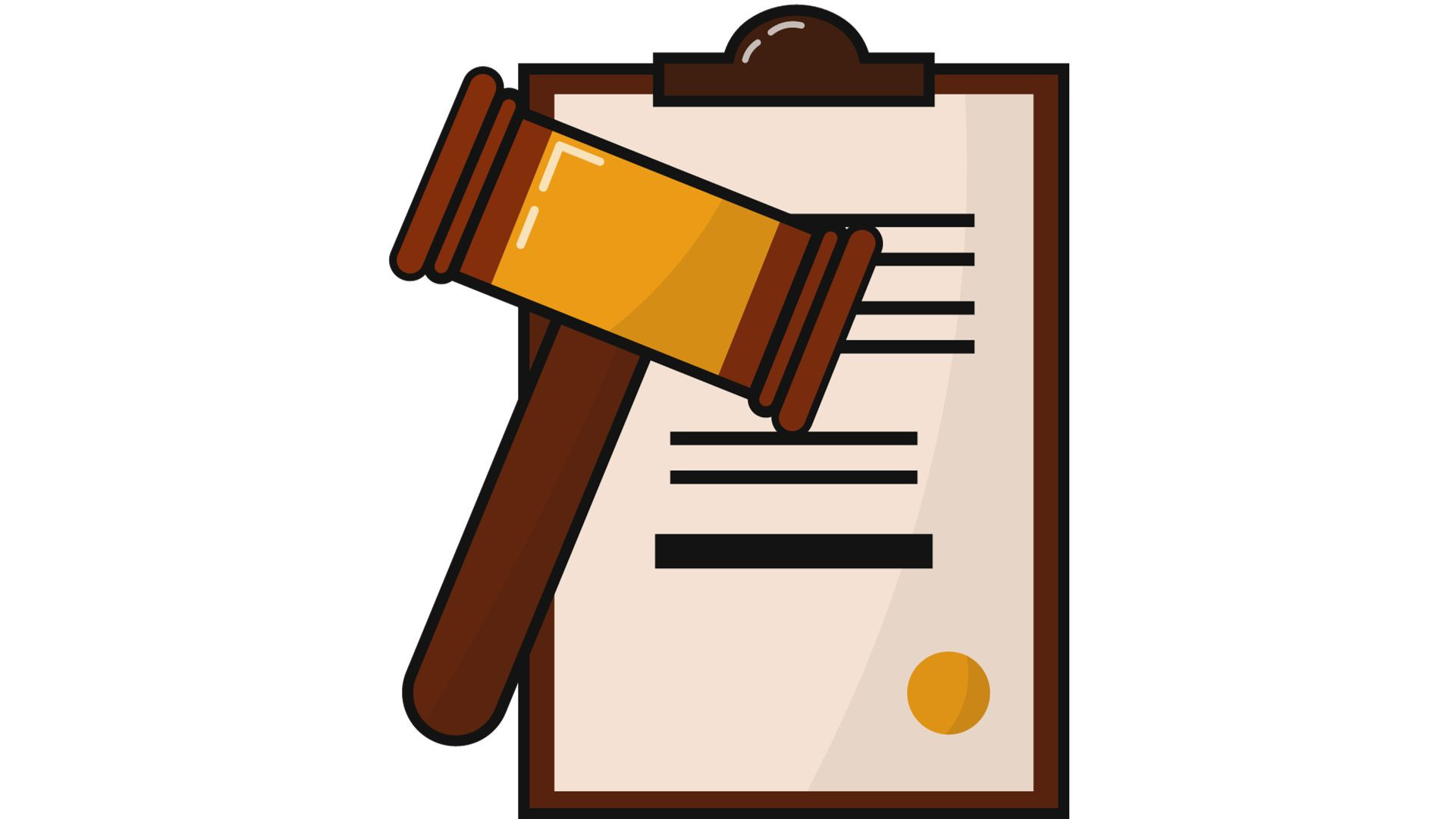The Importance of Due Process Hearings in Special Education
Apr 03, 2023


Due process hearings are a critical but often overlooked aspect of special education law. These hearings serve as a formal mechanism for resolving disputes between parents and school districts concerning a child's educational services. This blog post aims to shed light on the importance of due process hearings in the realm of special education.
A due process hearing is a formal legal proceeding that bears similarities to a court trial. In this setting, both parents and the school district have the opportunity to present evidence, call witnesses, and make legal arguments before an impartial hearing officer. This officer is tasked with making a binding decision based on the evidence presented and the stipulations of the Individuals with Disabilities Education Act (IDEA).
One of the primary functions of due process hearings is to act as a safeguard for the educational rights of children with disabilities. These hearings offer parents a structured, formal platform to challenge or appeal decisions made by the school district, thereby ensuring that educational institutions are held accountable for their actions and are in compliance with federal and state laws.
Due process hearings are particularly valuable when there are complex issues at hand that require detailed examination. These could range from disputes about the appropriateness of an Individualized Education Program (IEP) to disagreements over whether the school is providing a Free Appropriate Public Education (FAPE) as mandated by law. The formal setting allows for a thorough review of all pertinent information, leading to a more informed decision.
The outcomes of due process hearings can have far-reaching implications, setting legal precedents that influence future cases and even policy. These decisions can serve as benchmarks for how specific aspects of special education law are interpreted and applied, thereby shaping the landscape of special education services for years to come.
If you find yourself in a situation where you strongly disagree with the school district's decisions regarding your child's educational services, and all attempts at informal resolution have been unsuccessful, a due process hearing may be your next best course of action. It's a step that shouldn't be taken lightly, given its formal nature and potential long-term impact.
Preparation is key when heading into a due process hearing. This includes gathering all relevant documentation, consulting with experts who can serve as witnesses, and possibly retaining legal representation experienced in special education law.
Navigating the complexities of a due process hearing can be daunting, but you don't have to go it alone. At Community Law Office, we specialize in special education law and can guide you through the intricacies of preparing for and participating in a due process hearing.
Don't let the complexities of special education law prevent you from advocating for your child's educational rights. Schedule a consultation with Community Law Office today to discuss your options and develop a strategy for effective advocacy.